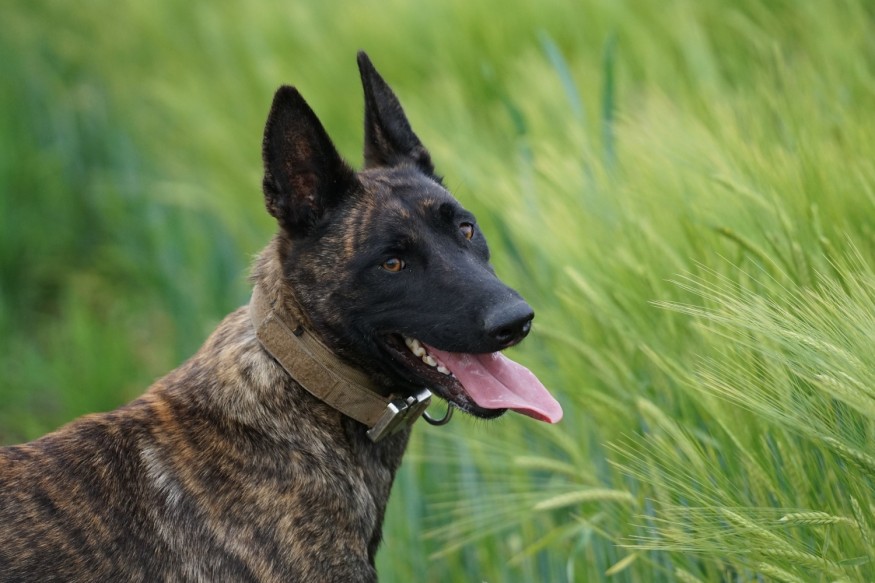American Airlines Arena is reopening to a limited number of Miami Heats fans. As a precautionary measure, the basketball team screens all the guests and employees that enter the area. To help them keep track of everyone who is in the game, they employed the aid of dogs as "coronavirus detection canines."

The entire science behind the idea still remains unclear and murky at best. But, according to Matthew Jafarian, Miami Heat's executive vice president for business strategy, they have seen relative efficiency and success as they tried the idea on a smaller scale to screen employees and personnel.
The screening process will go as follow:
Fans will line up in a screening area on socially distanced dots, keeping their hands at their sides. The dogs will walk past each person, sniffing them. If the dog keeps walking, you are clear to enter the arena.
If the dog sits next to you, the Miami Heat says, that signals to the handler that it might have detected Covid-19. A staff member will then help you and your party with a refund and provide additional health and safety information -- but you and your party will not be allowed to enter the arena.
Miami Heat views the detection dogs as just one tool in a much larger arsenal of Covid-19 safety measures -- which also includes a health screening questionnaire, a mandatory mask policy, cashless concession stands, not allowing food and drinks in the arena bowl, and physical distancing, among other tools.
Canine and veterinary experts made it clear that researches on covid detecting dogs appear promising, they are not yet definitive. Studies exploring how reliable dogs are in detecting an active coronavirus infection remain ongoing -- and there are many questions left to answer.
"I think it's so new and novel that we have yet to determine how effective it is and how reliable the canines are at detecting these types of things," said Dr. Douglas Kratt, president of the American Veterinary Medical Association.
Can dogs sniff out covid?
Humans have taken advantage of canines' superior sense of smell for decades
. Dogs' noses bear 300 million scent receptors, compared with humans' 5 million or 6 million.
That enables them to detect tiny concentrations of odor that people can't. Sniffer dogs are already familiar with airports, where they find firearms, explosives, and drugs. Scientists have also trained dogs to detect some cancers and malaria, but the animals are not routinely used for this purpose.
Researchers don't know for sure what the dogs are smelling, but many suspect that these illnesses cause the human body to let off a distinct pattern of volatile organic compounds (VOCs).
These molecules readily evaporate to create a scent that dogs can pick up. Previous work with non-COVID viruses has suggested that viral infections might also cause the body to do this.
But most of these findings have not yet been peer-reviewed or published, making it hard for the broader scientific community to evaluate the claims. Researchers working on more conventional viral tests say that dog groups' initial results are intriguing and show promise.
"No one is saying they can replace a PCR machine, but they could be very promising," says veterinary neurologist Holger Volk at the University of Veterinary Medicine Hanover in Germany, who is leading an effort to train and study COVID-sniffing dogs and did not speak at the event.
ALSO READ:Dogs' Secret Tool to Save Wildlife
For more news update about the latest animal trends, don't fogret to follow Nature World News!
© 2025 NatureWorldNews.com All rights reserved. Do not reproduce without permission.





